
Duffy’s Napa Valley Rehab
Verified
Verified
View This Center’s Verified License
Calistoga, California, United States
Provider’s Policy
Covered plans and verification of benefits.
$27,750-$55,500
- 30–45 days
Since 1967, Duffy’s has helped over 38,000 people by providing clinically excellent care in a friendly, relaxing atmosphere among the serenity of Napa Valley.

Call Duffy's Napa Valley Rehab
Connect with Duffy’s Napa Valley Rehab by calling their admissions team directly.
- Message Us


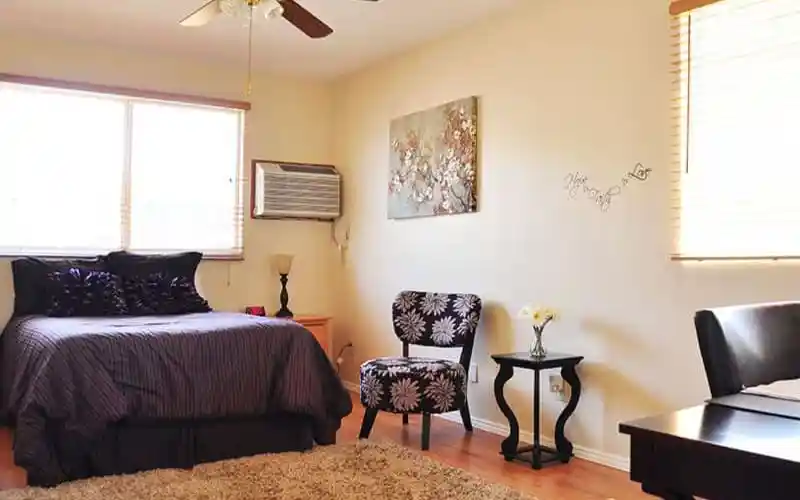






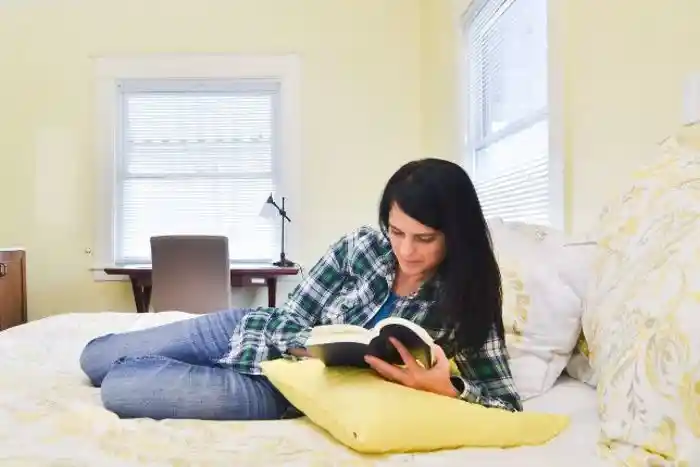
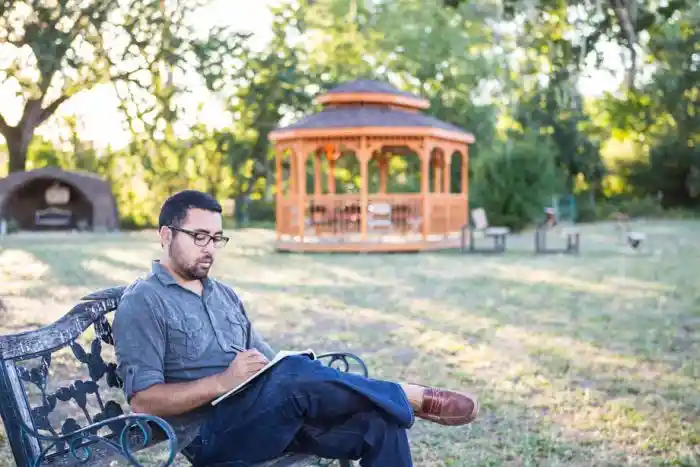
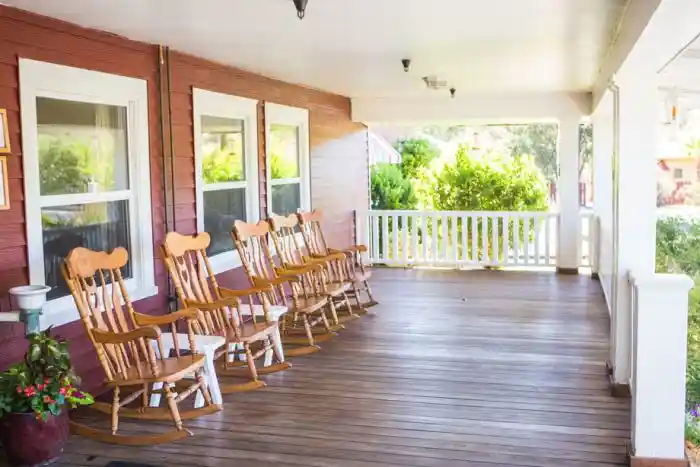

Friendly & Homelike Atmosphere
Duffy’s is far from clinical or sterile. As part of their family-based philosophy, they believe in creating a comforting atmosphere with home-cooked food, friendly staff, and beautiful grounds to help clients heal physically as well as mentally.

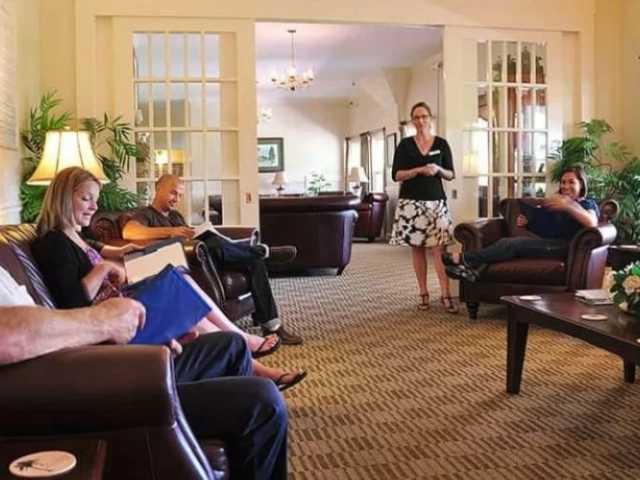
Comprehensive Approach to Healing
Duffy’s treats the mind, body, and spirit of each client, using evidence-based and fully comprehensive treatment. Education and therapy help clients heal and provide the tools they need to maintain sobriety. A structured daily schedule gives clients expectations for their day, and helps them better focus on their recovery.
STRONG ALUMNI COMMUNITY
Duffy’s offers 90 days of intensive 1-on-1 sober support and a year of free follow-up sessions with any residential program of 30 days or longer. Clients at Duffy’s become part of a family, one Duffy’s keeps connected throughout the rest of clients’ lives with their strong alumni community.


SERENE HEALING ENVIRONMENT
The rolling landscape of Napa Valley provides a calm and restorative atmosphere for holistic healing. Duffy’s structured schedule allows ample time for relaxation, and guests can find peace among the backdrop of mountains and geysers of their historic hot springs resort.
Center Overview
Founded
1967
Occupancy
31-50
Languages
Accreditation
CARF
Price & Length
N/A
Who We Treat
Men
N/A
Women
N/A
Executives
Executives
Executive treatment programs typically directly support the needs of people who manage businesses and may provide flexible schedules and office space to allow work during treatment.
Midlife Adults
Midlife Adults
For adults ages 40+, treatment shifts to focus on the unique challenges, blocks, and risk factors of their age group, and unites peers in a similar community.
Address
Calistoga, CA 94515, USA
Treatment
Specializations
Alcohol
Alcohol
Using alcohol as a coping mechanism, or drinking excessively throughout the week, signals an alcohol use disorder.
Benzodiazepines
Benzodiazepines
Benzodiazepines are prescribed to treat anxiety and sleep issues. They are highly habit forming, and their abuse can cause mood changes and poor judgement.
Co-Occurring Disorders
Co-Occurring Disorders
A person with multiple mental health diagnoses, such as addiction and depression, has co-occurring disorders also called dual diagnosis.
Drug Addiction
Drug Addiction
Drug addiction is the excessive and repetitive use of substances, despite harmful consequences to a person’s life, health, and relationships.
Detox
Detox
Detox fully and safely removes toxic substances from the body, allowing the next steps in treatment to begin with a clean slate.
Treatment Services
Day Treatment
Day Treatment
In a PHP, patients live at home but follow an intensive schedule of treatment. Most programs require you to be on-site for about 40 hours per week.
Detox
Detox
Detox fully and safely removes toxic substances from the body, allowing the next steps in treatment to begin with a clean slate.
Outpatient Program
Outpatient Program
During outpatient rehab, patients attend a structured treatment program while continuing to live at home.
Residential
Residential
In a residential rehab program, patients live onsite, with access to daily treatment and 24-hour care. An average stay is 30-90 days.
Philosophy
Evidence-Based
Evidence-Based
A combination of scientifically rooted therapies and treatments make up evidence-based care, defined by their measured and proven results.
Twelve Step
Twelve Step
Incorporating spirituality, community, and responsibility, 12-Step philosophies prioritize the guidance of a Higher Power and a continuation of 12-Step practices.
Family Program
N/A
Group Therapy
N/A
Family Involvement
Family Involvement
Providers involve family in the treatment of their loved one through family therapy, visits, or both–because addiction is a family disease.
Therapies
Tai Chi
Tai Chi
A self-paced, graceful exercise that aligns physical and mental energy, using ancient Chinese practices for modern-day wellness.
Group Therapy
Dialectical Behavior Therapy
1-on-1 Counseling
1-on-1 Counseling
Patient and therapist meet 1-on-1 to work through difficult emotions and behavioral challenges in a personal, private setting.
Introduction to the 12 Step Program
Cognitive Behavioral Therapy
Experiential Therapy
Experiential Therapy
With this approach, patients heal by doing. Therapists help patients process difficult emotions to speak, using guided activities like art or dance.
Twelve Step Facilitation
Twelve Step Facilitation
12-Step groups offer a framework for addiction recovery. Members commit to a higher power, recognize their issues, and support each other in the healing process.
Equine Therapy
Equine Therapy
Guided interactions with trained horses, their handler, and a therapist can help patients improve their self-esteem, trust, empathy, and social skills.
Family Therapy
Family Therapy
Family therapy addresses group dynamics within a family system, with a focus on improving communication and interrupting unhealthy relationship patterns.
Motivational Interviewing and Enhancement Therapy (MET)
Motivational Interviewing and Enhancement Therapy (MET)
This approach is based on idea that motivation to change comes from within. Providers use a conversational framework that may help you commit to recovery.
Yoga
Yoga
Yoga is both a physical and spiritual practice. It includes a flow of movement, breathing techniques, and meditation.
Eye Movement Therapy (EMDR)
Eye Movement Therapy (EMDR)
Lateral, guided eye movements help reduce the emotional reactions of retelling and reprocessing trauma, allowing intense feelings to dissipate.
What We Treat
Prescription Drugs
Prescription Drugs
It’s possible to abuse any drug, even prescribed ones. If you crave a medication, or regularly take it more than directed, you may have an addiction.
Co-Occurring Disorders
Co-Occurring Disorders
A person with multiple mental health diagnoses, such as addiction and depression, has co-occurring disorders also called dual diagnosis.
Benzodiazepines
Benzodiazepines
Benzodiazepines are prescribed to treat anxiety and sleep issues. They are highly habit forming, and their abuse can cause mood changes and poor judgement.
Opioids
Opioids
Opioids produce pain-relief and euphoria, which can lead to addiction. This class of drugs includes prescribed medication and the illegal drug heroin.
Cocaine
Cocaine
Cocaine is a stimulant with euphoric effects. Agitation, muscle ticks, psychosis, and heart issues are common symptoms of cocaine abuse.
Methamphetamine
Methamphetamine
Methamphetamine, or meth, increases energy, agitation, and paranoia. Long-term use can result in severe physical and mental health issues.
Heroin
Heroin
Heroin is a highly addictive and illegal opioid. It can cause insomnia, collapsed veins, heart issues, and additional mental health issues.
Post Traumatic Stress Disorder
Post Traumatic Stress Disorder
PTSD is a long-term mental health issue caused by a disturbing event or events. Symptoms include anxiety, dissociation, flashbacks, and intrusive thoughts.
Marijuana
N/A
Synthetic Drugs
Synthetic Drugs
Synthetic drugs are made in a lab, unlike plant-based drugs like mushrooms. Most synthetic drugs are either stimulants or synthetic cannabinoids.
Depression
Depression
Symptoms of depression may include fatigue, a sense of numbness, and loss of interest in activities. This condition can range from mild to severe.
Drug Addiction
Drug Addiction
Drug addiction is the excessive and repetitive use of substances, despite harmful consequences to a person’s life, health, and relationships.
Alcohol
Alcohol
Using alcohol as a coping mechanism, or drinking excessively throughout the week, signals an alcohol use disorder.
Chronic Relapse
Chronic Relapse
Consistent relapse occurs repeatedly, after partial recovery from addiction. This condition requires long-term treatment.
Anxiety
Anxiety
Anxiety is a common mental health condition that can include excessive worry, panic attacks, physical tension, and increased blood pressure.
Trauma
Trauma
Some traumatic events are so disturbing that they cause long-term mental health problems. Those ongoing issues can also be referred to as “trauma.”
Aftercare
Recovery Coach
N/A
Support Meetings
N/A
Return Visits
N/A
Alumni Events & Get-Togethers
N/A
Aftercare Group Therapy
N/A
Amenities
Pool
N/A
Basketball Court
N/A
Walking Trails
N/A
Chef-prepared Meals
N/A
Fitness Center
N/A
Volleyball Court
N/A
Access to Nature
N/A
Experience
Personal Amenities
Internet Access
N/A
Bathroom Essentials
N/A
Desk
N/A
Private or Shared Rooms
N/A
TV
N/A
Air-Conditioned Rooms
N/A
Armchair or Sofa
N/A
Housekeeping
N/A
Outdoor Space
N/A
Shared Bathroom
N/A
Special Considerations
Dietary Accommodations
N/A
COVID-19 Measures
N/A
Gender-specific groups
Gender-specific groups
Patients in gender-specific groups gain the opportunity to discuss challenges unique to their gender in a comfortable, safe setting conducive to healing.
Flexible technology policies
Flexible technology policies
Centers with flexible technology policies allow professionals to stay in touch with work and give patients a greater sense of connection and normalcy.
Activities
Physical Fitness
N/A
Swimming
N/A
Horseback Riding
N/A
Yoga
Yoga
Yoga is both a physical and spiritual practice. It includes a flow of movement, breathing techniques, and meditation.
Games
N/A
Volleyball
N/A
Movies
N/A
Tennis
N/A
Off-Site Amenities
Airport Transfers
N/A
